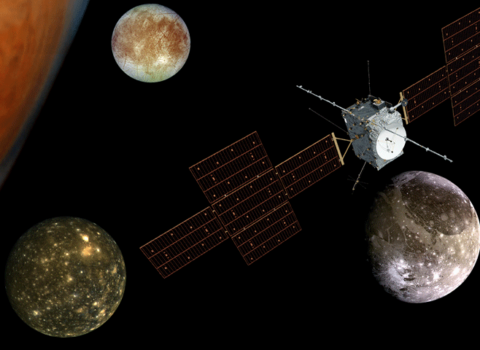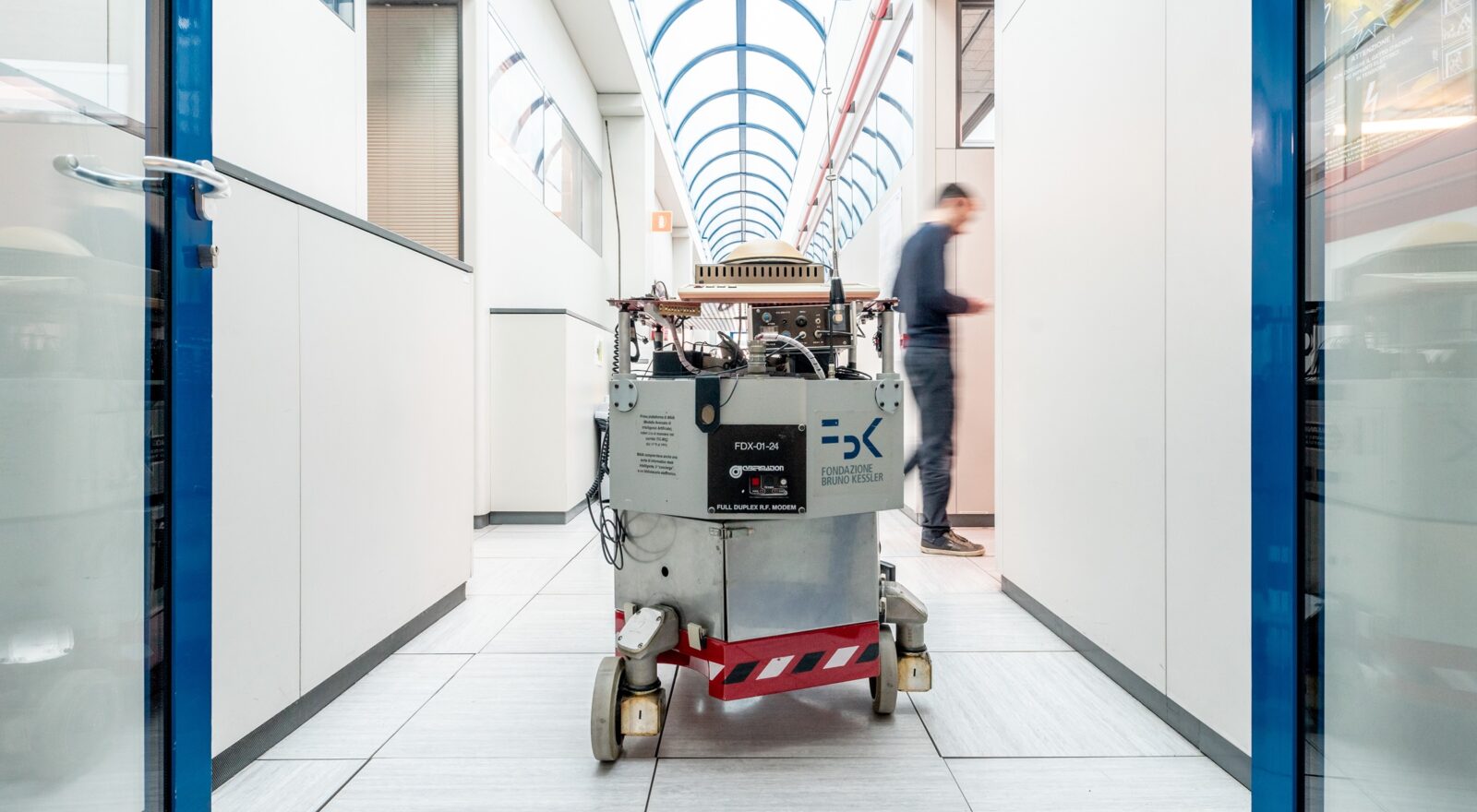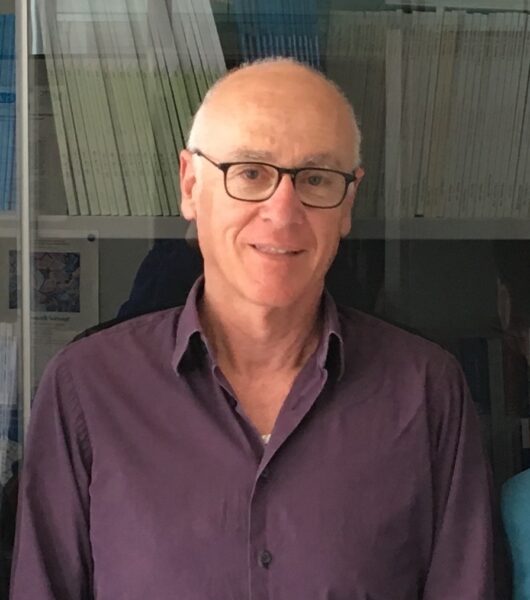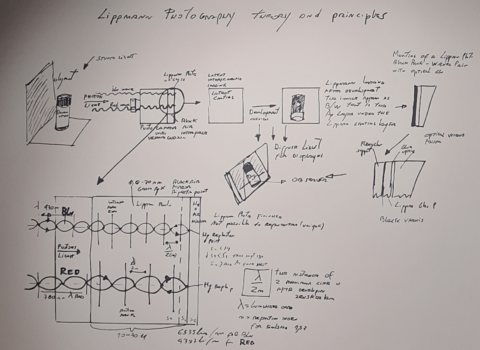
Glimpses of artificial intelligence “against the tide”
A discussion between leading representatives of AI and Augmented Intelligence research was held on March 25 at FBK. We collected the video testimony of Alessandro Sperduti, Marco Gori and Oliviero Stock, guests of "Some Pills of AI Against the Tide."
The meeting, introduced and coordinated by Paolo Traverso, featured contributions to reflection and debate by FBK senior researchers Bernardo Magnini (Chatting with a Generative AI: a Personal Review) and Luciano Serafini (Planning and Acting to Learn) and hosted the talk by Oliviero Stock, former director of ITC-IRST (before the establishment of Fondazione Bruno Kessler) and a pioneer of research in the field since the 1980s.
In his talk, titled The art of making wrong predictions about AI: a modest contribution, he focused, through a heartfelt account of long professional and human experience, on epistemological issues surrounding the ethical challenges and social change associated with the development and evolution of research in artificial intelligence.
“There is a great deal of interest regarding AI. Above all, the paradigm shift toward generative AI that has occurred leads to a new relationship between person and intelligent system. Years ago, we researchers were trying to replicate the human and interact with machines as we would interact with another person, or we were aiming to have fully autonomous systems that would intervene in our society. A good research perspective now is augmentation, the extension of human intelligence. Like the one Engelbart had, that established a center for Augmentation as early as 1960 at SRI.
If we ask ourselves what the future will be for the labor market, from a practical point of view, certainly the transition to intelligent systems, somewhat as in any industrial revolution, entails the risk of job substitution, a risk that is undeniably present now, a painful thing for those who will be affected and which it is up to policy to remedy, but in the future there will also be entirely new types of work created that still have no place in today’s society.
Complementing this change, in an attempt to be reasonably optimistic, is the fact that greater value may be placed on traits and aspects typical of human beings such as kindness, empathy, and creativity. Traits that are often associated with menial or undervalued occupations in today’s society. I hope that, thanks in part to this great socio-technical transformation, these exquisitely human qualities will be valued more.
Moving from opportunities to risks, the number one problem for me at this sensitive stage of rapid change is concentration in large corporations. Three are in my view the key factors:
- Society has left personal data in the hands of corporations, monopolizing it;
- Computing resources are concentrated.
- Talent has been raked in by corporations with the best research centers, attractive not only for economic but also for intellectual reasons.
For all these reasons, industry research is thus self-sustaining within the corporations themselves, a very dangerous thing. We should at least balance this phenomenon by giving an important role to public research.
As far as the public attitude of the EU is concerned, regulation is paramount, but it is important that there is also a positive vision of AI, as a privileged tool to save our democracy, countering fake news or doing prevention with respect to hidden electoral influence. AI can provide crucial tools to help us save our society. AI can provide critical tools to help us save our society.
The proposal that has been circulating for a few years now for the establishment of a CERN for AI and global security, first put forward by Gary Marcus in 2017 and widely acclaimed in the academic setting aims precisely to this. Building a positive world with AI is possible, but we cannot take it for granted.
The paper by Marco Gori (head of the Siena Artificial Intelligence Lab), entitled Foundations of Attention Learning focused on a somewhat provocative research proposal, describing, from brilliant interdisciplinary references, a new paradigm for artificial intelligence, a data-less, collectionless AI. In particular, the basis of his remark is the creative role of time understood as the protagonist of learning in neural networks. The inspiration for the theoretical proposal advanced can be summed up in a question: how can physics paradigms help us find new learning styles, possibly better suited to our problem solving challenges? Through a fascinating pre-algorithmic view of (machine) learning, the centrality of time as a physical phenomenon returns a general concept of artificial intelligence intuitively closer to human experience.
Also Prof. Alessandro Sperduti, University of Padua participated in the discussion:
“Humans have always tried to build tools to enhance their physical capabilities. What is changing now, with the new technologies available, is the ability to replicate cognitive functions that in the past were the feature of the person only. Augmented intelligence, being digital and disproportionately replicable, can be spread throughout the connected world in an instant. In this way, the experience of so many human beings flows into an intelligent system that continuously improves. This is what has happened with generative artificial intelligence, which has critically reprocessed billions of documents, all the knowledge collected on the Internet. We talk about augmented intelligence because we want to distance ourselves from the negative aspects that can come out of the idea of human replacement, what is happening is a continuum of human capability enhancement. It is a tool that is being used by the human being, and it is up to the human being to decide what to do with it.”





